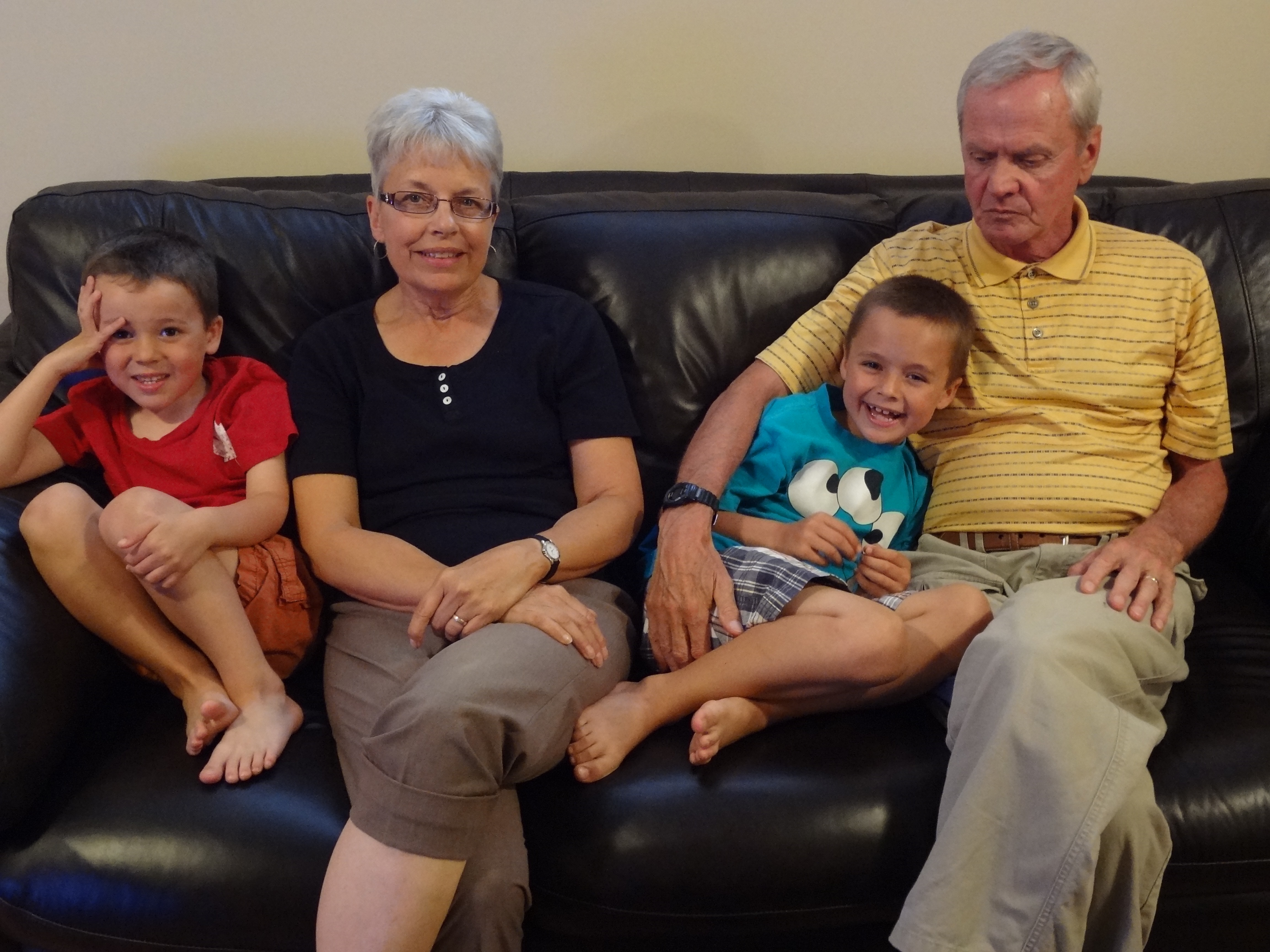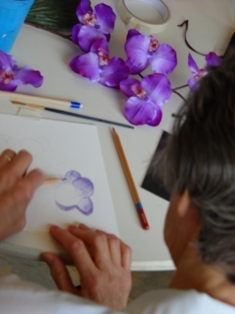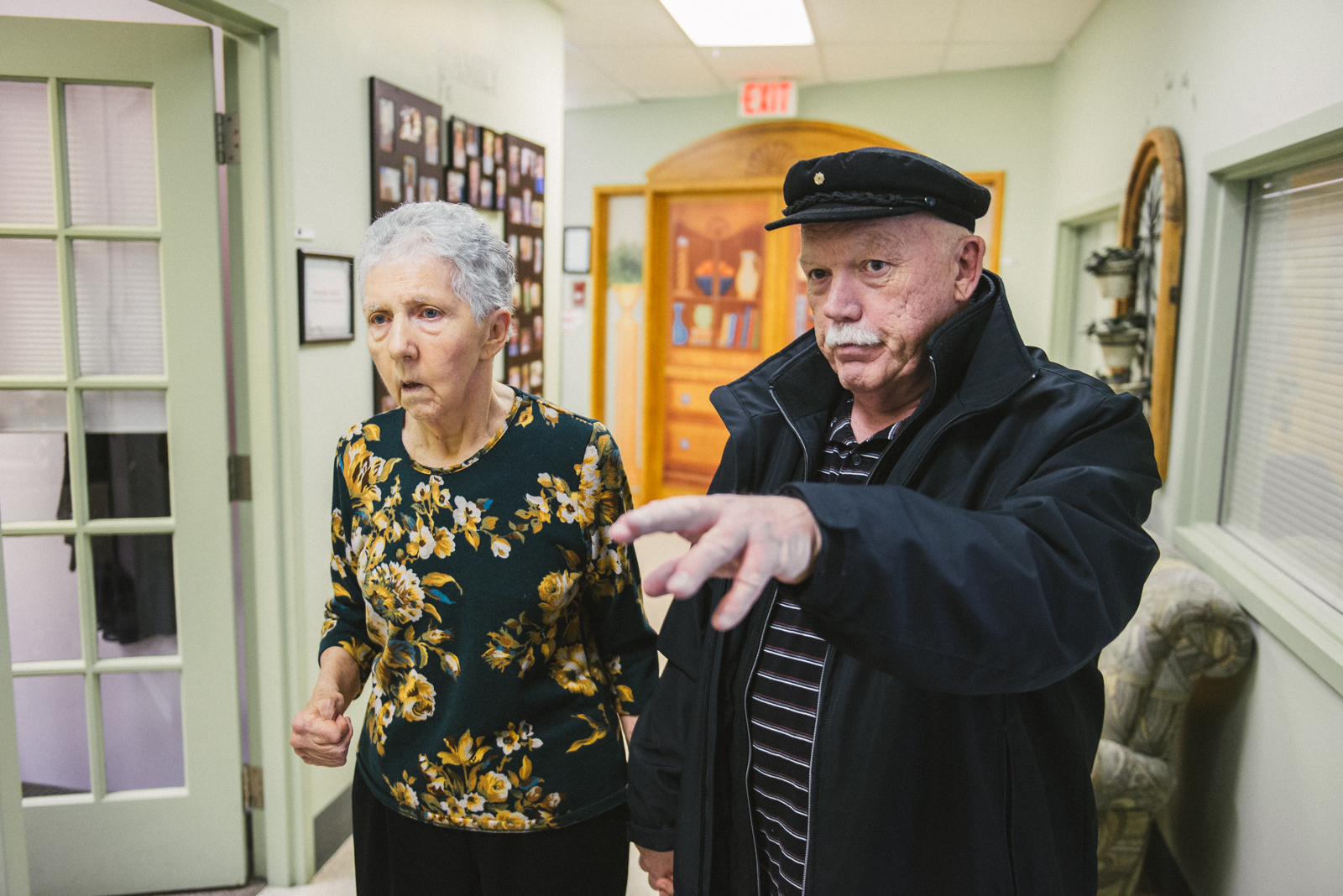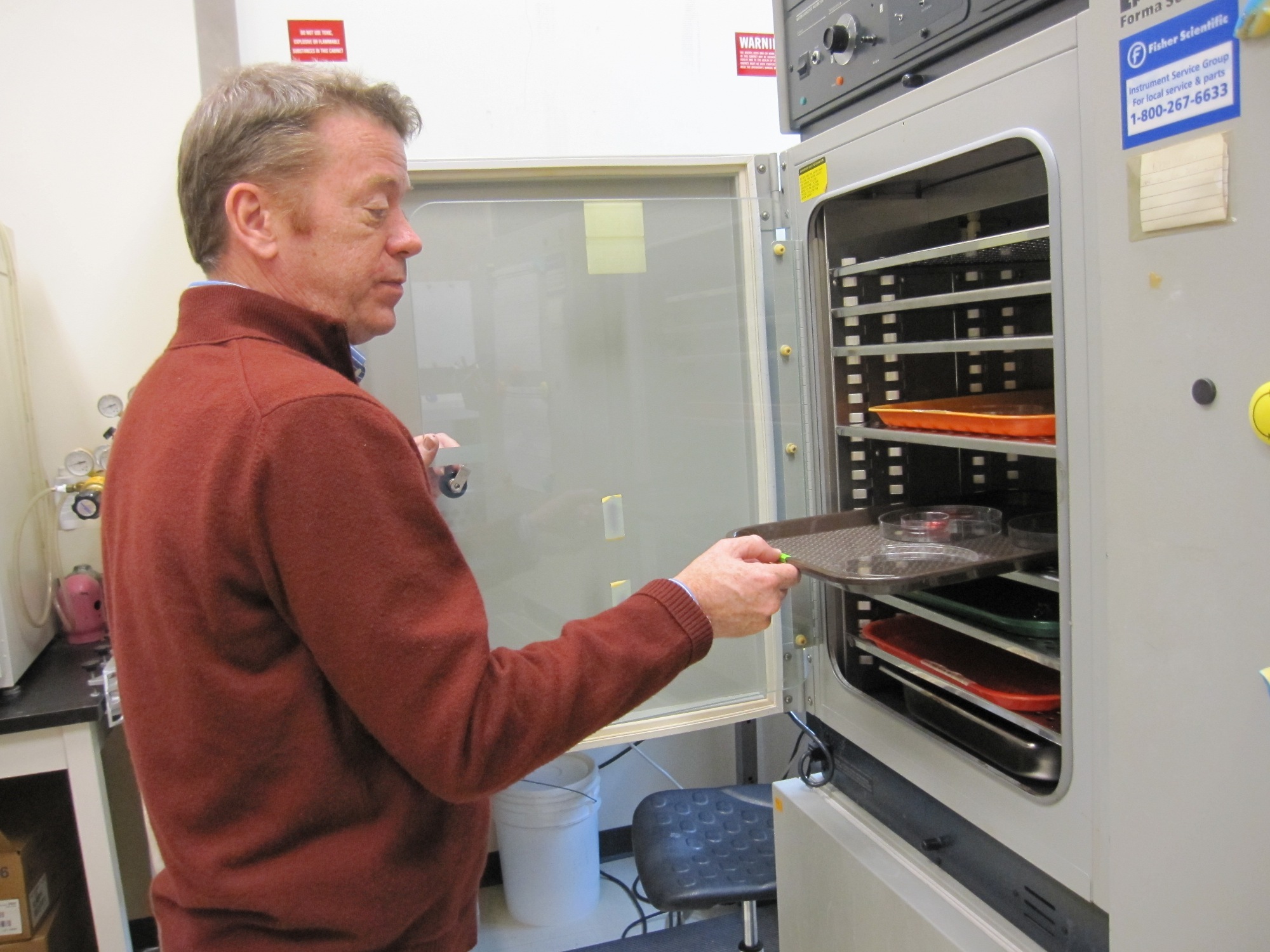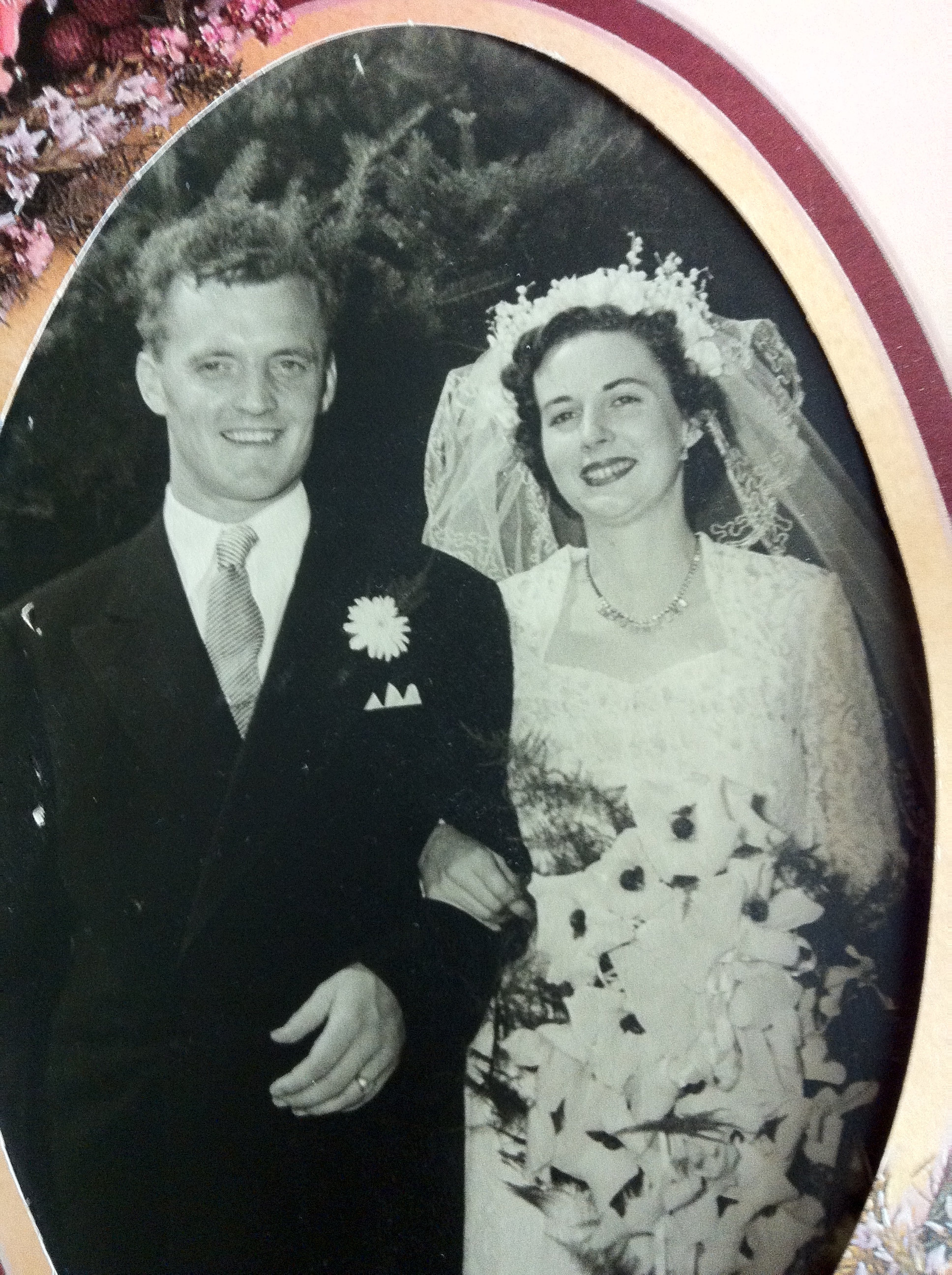Answer the world’s call: travel advice from caregiver Susan Bithrey
The world is always beckoning for us to leave the comfort and safety of home, whether it’s to visit friends, family or see a new place. For those with Alzheimer’s disease and their caregivers, this need is no different, although it comes with challenges. Susan Bithrey was one caregiver who travelled a lot with her husband Reg, even after he was diagnosed with dementia. Although they loved living in Thunder Bay, they had many reasons to leave: family in Alberta…
